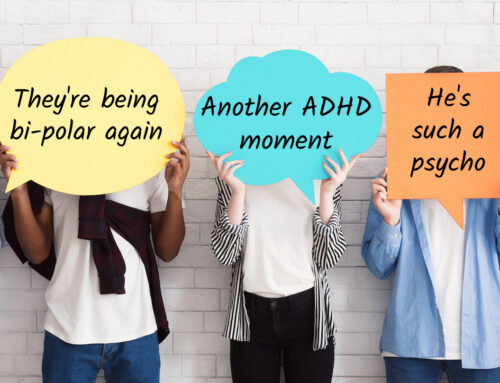Many of us go through times when we feel overwhelmed or stuck in one or more areas of our lives. During these times, outside help and guidance from a trained, licensed therapist can be incredibly helpful. According to the National Institute of Mental Health, more than 30 million Americans need help dealing with feelings and problems that seem out of their control. Examples of issues that commonly lead people to seek therapy are problems with a marriage or relationship, a family situation, dealing with losing a job, the death of a loved one, depression, anxiety, eating disorders, a traumatic experience, stress, burnout, emotional eating, or substance abuse.
It’s time to turn to a professional for help if:
- You feel overwhelmed, helpless, and sad for an extended period of time (more than just a few weeks), and problems don’t get better despite your effort and the help of family and friends.
- You are finding it difficult to complete everyday activities, such as focusing on work assignments, and your job performance is suffering, or if you notice you are isolating yourself from friends and family, and it begins impacting those relationships.
- You worry excessively, often feel “on edge,” or are constantly expecting the worst to happen.
- Your actions are harmful to yourself or those around you, such as drinking too much alcohol, binge-eating or purging, pushing others away, or being overly argumentative or aggressive with others.
Finding help…
To find a therapist, ask your physician or another health professional, or call your local state psychological association. Psychologytoday.com is also a great resource where you can use your zip-code and other criteria to search. Asking family and friends, contacting your local community mental health center, local university department of psychology, or asking at your church or synagogue are also good options.
Choosing the right person…
Your relationship with your therapist is one of the most important factors in having a successful outcome. The right match between you and your therapist is just as critical as your therapist’s credentials, experience, and competence. Make sure to notice how comfortable, at ease, and safe you feel in their presence.
Some questions that you may want to ask…
(Adapted from www.apa.org)
- Are you a licensed psychologist? How many years have you been practicing?
- I have been feeling (anxious, tense, depressed etc.) and I’m having problems (with my job, marriage, eating, sleeping etc.). What experience do you have helping people with these types of problems?
- What are your areas of expertise – for example, working with children and families?
- What kinds of treatments do you use?
- What are your fees?
- Do you accept insurance?
Further reading:
American Psychological Association – How to Choose a Psychologist





